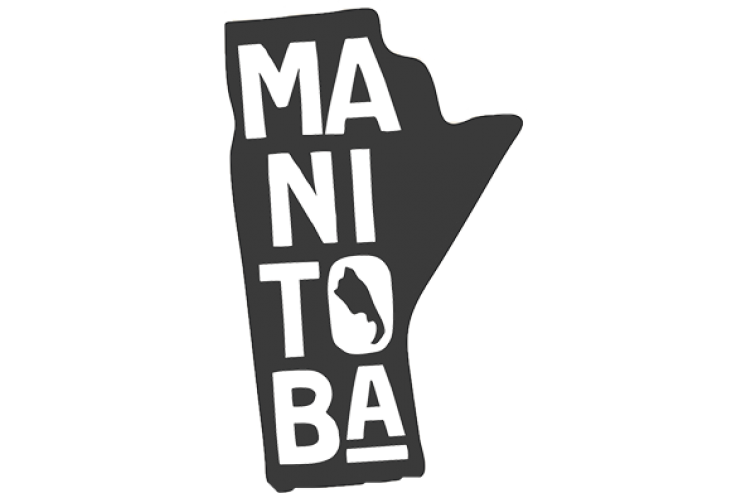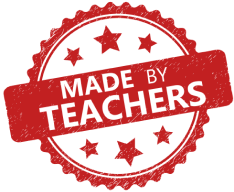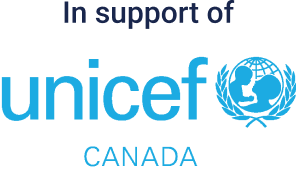Manitoba Grade 7

CLICK HERE FOR CURRICULUM CONNECTIONS, LESSONS AND SUPPORT RESOURCES.
Made by a Grade 7 teacher in Manitoba.
Kids Boost Immunity (KBI) provides educational content (lessons and support materials) developed by teachers and where needed, health experts, that is directly linked to curriculum and is available completely for free. Each lesson is paired with an online quiz that students can take on a laptop, tablet, or phone. Every time a student scores 80% or higher on a quiz, we donate life-saving vaccines to UNICEF Canada. To learn more about KBI, click here.
Click on the overarching curriculum themes below to see the curriculum outcomes that match KBI educational content. The full Grade 7 Manitoba Curriculum Connections document is here.
- Health
-
Curricular outcomes:
Health Education
- K.5.7.D.2 Explain different consequences, related to different variables (i.e., fair play, legalities, performance, medical, safety, and financial implications), of taking harmful and beneficial drugs or other substances (e.g., antibiotics,
- K.5.7.D.3 Identify the positive and negative social factors (i.e., influences of peers, families, role models, media, Internet, celebrities, social occasions, parties) that may influence avoidance and/or use of substances
- K.5.7.E.4b Identify the common STIs (e.g., genital herpes, gonorrhoea, chlamydia...), their symptoms, and means of prevention
- K.4.7.B.1a Identify socially acceptable behaviours (e.g., keep an open mind, show a willingness to try, recognize own feelings and emotions, step away from the situation if feeling anger...) for dealing with new situations and/or change
Applicable KBI lessons:
1. Scientific Curiosity and Vaccine Discoveries
- Literacy builder worksheets/answer guides
- Inquiry activities
- Science
-
Curricular outcomes:
Science- Skills and Attitudes
- 7-0-1A- Formulate specific questions that lead to investigations.
- 7-0-2B- Evaluated the usefulness, currency, and reliability of information using pre-determined criteria
- 7-0-3A- Formulate a prediction/hypothesis that identifies a cause and effect relationship between the dependent and independent variables.
- 7-0-9D- Value skepticism, accuracy, precision, and open-mindedness as scientific and technological habits of mind.
- 7-0-9E- Be sensitive and responsible in maintaining a balance between the needs of humans and a sustainable environment.
Science- Interactions within Ecosystems
- 7-1-01- Use appropriate vocabulary related to their investigations of interactions within ecosystems
- 7-1-02- Define ecosystem, and describe various examples that range from the microscopic to the entire biosphere.
- 7-1-05- Identify and describe positive and negative examples of human interventions that have an impact on ecological succession or the makeup of ecosystems
- 7-1-06- Identify environmental, social, and economic factors that should be considered in the management and preservation of ecosystems.
- 7-1-07- Propose a course of action to protect the habitat of a particular organism within an ecosystem.
Applicable KBI lessons:
1. Critical Thinking & Evaluating Information
- Literacy builder worksheet/answer guide
- Lesson worksheet/answers
- Video worksheet/answers
- Inquiry activities/answer guides
- Numeracy activity/answers
2. Navigating the World of Online (Mis)Information
- Literacy builder worksheet/answer guide
- Inquiry activities
3. Diversity of Living Things
- Literacy builder worksheet/answer guide
- Lesson worksheet/answers
- Video worksheet/answers
- Numeracy activity/answers
4. Environment & Climate Change
- Literacy builder worksheet/answer guide
- Lesson worksheet/answers
- Video worksheet/answers
- Inquiry activities/answer guides
- Numeracy activity/answers
- Social Studies
-
Curricular outcomes:
Social Studies- Quality of Life
- KC-002 Describe the impact of various factors on quality of life in Canada and elsewhere in the world.
- KI-006 Identify diverse cultural and social perspectives regarding quality of life.
- KG-034 Identify reasons why people emigrate.
- KP-039 Give examples of government decisions that affect quality of life.
- KI-007 Describe the impact of discriminatory attitudes and practices on quality of life.
- VC-001 Respect the inherent dignity of all people.
- KP-041 Explain the relationship between power and access to wealth and resources
- KE-045 Give examples of the uneven distribution of wealth and resources in the world and describe the impact on individuals, communities, and nations.
- KG-033 Give examples of events and achievements that enhance understanding among peoples and nations.
- KG-035 Give examples of global cooperation to solve conflicts or disasters.
- KG-036 Identify various international organizations and describe their role in protecting or enhancing global quality of life.
- VG-011 Value the contributions of international agencies and humanitarians to quality of life.
- VP-014 Appreciate the positive contributions of various individuals to world affairs.
- VP-013 Demonstrate concern for people who are affected by discrimination, injustice, or abuse of power.
- VC-002 Acknowledge that the rights of citizenship involve limitations on personal freedom for the sake of collective quality of life.
Applicable KBI lessons:
1. Refugee Experiences
- Literacy builder worksheet/answer guide
- Lesson worksheet/answers
- Video worksheet/answers
2. Global Inequality
- Literacy builder worksheet/answer guide
- Lesson worksheet/answers
- Video worksheet/answers
- English Language Arts (ELA)
-
Curricular outcomes:
1.2.3 Combine Ideas
- Identify or invent personally meaningful ways of organizing ideas and information to clarify and extend understanding
2.2.3 Appreciate the Artistry of Texts
- Identify language and visual images that create mood and evoke emotion in oral, literary, and media texts.
2.3.2 Techniques and Elements
- Examine techniques of plot development [such as narrative books, conflict, resolution, surprise endings...] and of persuasion [such as testimonials, emotional appeals, bandwagon effects...] in oral, literary, and media texts.
3.2.2 Identify Sources
- Extend inquiry and research questions using a variety of information sources [such as adults, peers, advertisements, adolescent magazines, lyrics...].
3.2.3 Assess Sources
- Use pre-established criteria to evaluate the currency, usefulness, and reliability of information sources in answering inquiry or research questions.
3.2.5 Make Sense of Information
- Determine literal and implied meaning of oral, visual, and written texts using a variety of strategies and cues [including headings, subheadings, topic sentences, summaries, camera angle, staging and pacing, and screening out irrelevant information].
3.3.3 Evaluate Information
- Assess the appropriateness of the amount and quality of information collected; recognize and address information gaps for particular forms, audiences, and purposes.
Applicable KBI lessons:
1. Critical Thinking & Evaluating Information
- Literacy builder worksheet/answer guide
- Lesson worksheet/answers
- Video worksheet/answers
- Inquiry activities/answers
- Numeracy activity/answers
2. Navigating the World of Online (Mis)Information
- Literacy builder worksheet/answer guide
- Inquiry activity
Curriculum-Related Themes Throughout the Year
- Reflecting on hardships and courage during WWII (November)
-
Applicable KBI lessons:
1. Remembrance Day / Veterans Day / Armistice Day
- Building leadership skills to make a difference for others (December)
-
Applicable KBI lessons:
1. Winter Break - A Time To Reflect on Making a Difference
- Literacy builder worksheet/answer guide
- Inquiry/creative activities
- Highlighting some key inspirational leaders during Black History Month as well as some experiences of refugees from different parts of the world (February)
-
Applicable KBI lessons:
1. Black History Month
2. Refugee Experiences
- Lesson worksheet/answers
- Inquiry activities
- Celebrating inspiring women in STEM (March)
-
Applicable KBI lessons:
1. International Women's Day - Celebrating Inspiring Women in STEM
- Literacy builder worksheets/answer guides
- Inquiry activities
- Understanding communicable diseases and how they are spread, and learning about immunization. Suggested during flu season, immunization awareness week, and school vaccinations (if applicable)
-
Applicable KBI lessons:
1. Immunization Awareness Week
2. The Spread of Infectious Diseases
3. Scientific Curiosity and Vaccine Discoveries
- Literacy builder worksheets/answer guides
- Inquiry activities
- Indigenous History on Turtle Island - pre-contact, contact, treaties, colonialism, The Indian Act (June)
-
Applicable KBI lessons:
1. Life on Turtle Island
- Literacy builder worksheet/answer guide
- Lesson worksheet/answers




